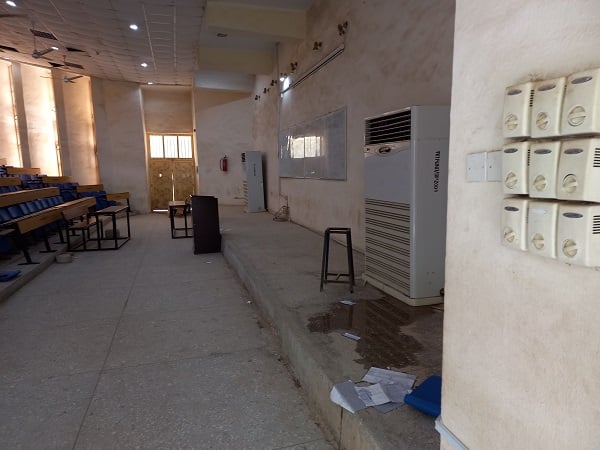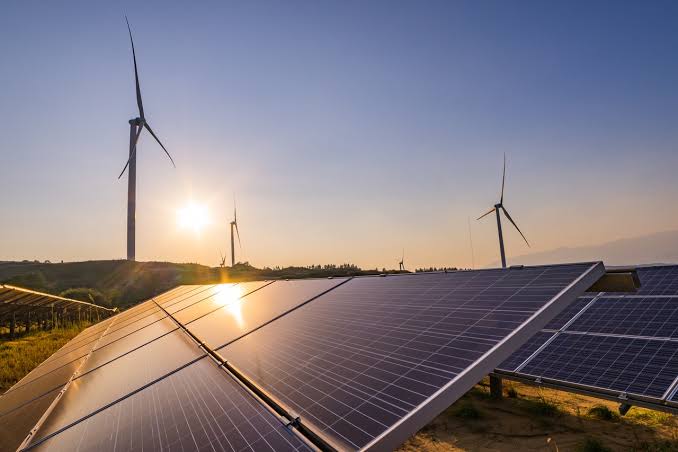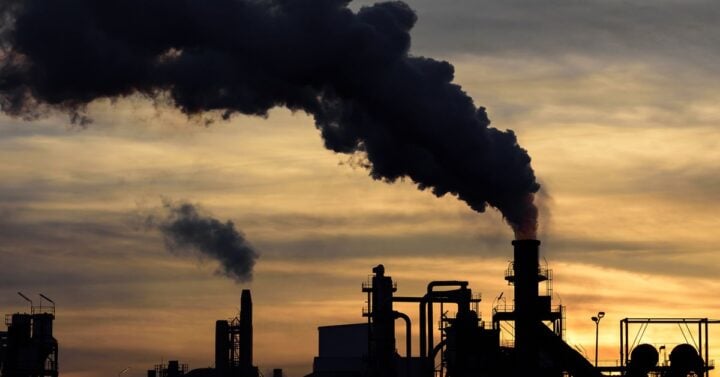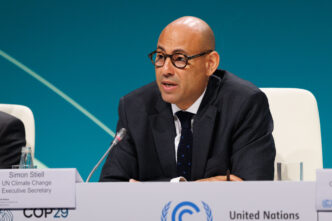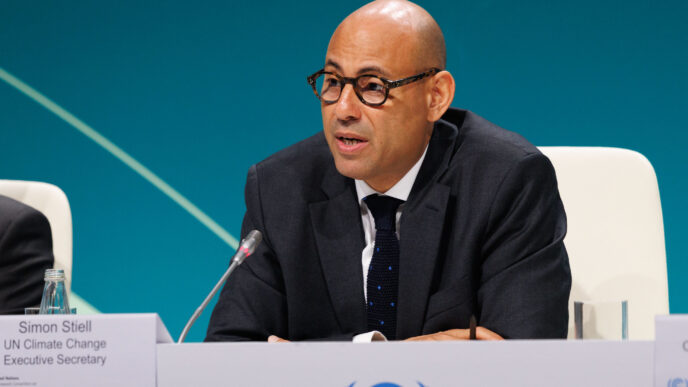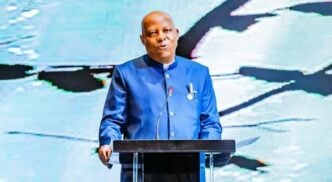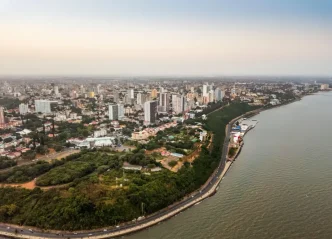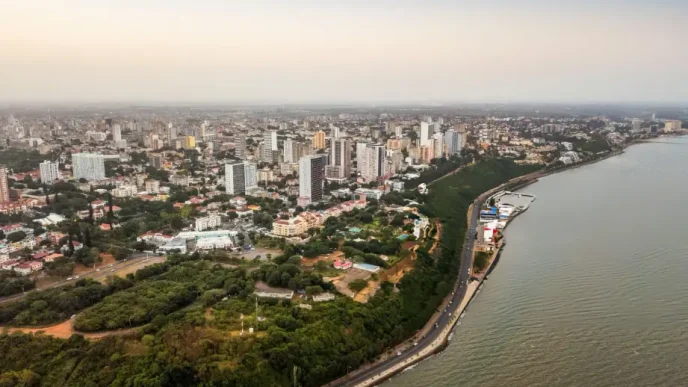Air-conditioned lecture theatre in Ahmadu Bello University
The Sustainable Research and Action for Environmental Development (SRADev) has urged the media and civil society organisations (CSOs) to lead Nigeria’s transition from ozone-depleting substances (ODS) to climate-friendly cooling alternatives.
Leslie Adogame, executive director of SRADev, spoke during a national webinar on the Montreal Protocol, held as part of activities to mark World Environment Day.
Adogame said the media and CSOs play a vital role in bridging Nigeria’s awareness gap on climate-harming refrigerants and accelerating the implementation of environmental commitments.
“There is still a knowledge gap in the public understanding of these substances. Please take note, not only the media, not only civil society, but we all have this problem of a knowledge gap,” he said.
Advertisement
“We have only just chosen at this meeting a sector that we want to, you know, highlight more on the issues.
“We have a knowledge gap in government, we have in the research institutions, we have in academia, and every so, it’s just important that we take it step-by-step.”
Nigeria is a signatory to the Montreal Protocol and its Kigali Amendment, and is obligated to phase down the use of hydrofluorocarbons (HFCs), which are potent greenhouse gases with high global warming potential.
Advertisement
While the federal ministry of environment and the national ozone office lead implementation, Adogame said the media and civil society must act as accelerators for awareness, policy compliance, and public support.
He also highlighted the importance of simplifying environmental concepts such as the use of sustainable, green, and energy-efficient technologies in the refrigeration and air conditioning (RAC) sector.
He noted that environmental issues, such as HFC-23 emissions and the growing threat of unregulated nitrous oxide releases, require public awareness.
“This is not a problem for civil society or the media alone. There is a knowledge deficit everywhere, and we must confront it step-by-step, starting with understanding the importance of fast action on ODS and climate-friendly alternatives,” he added.
Advertisement
“The goal is to demystify complex environmental concepts to amplify urgency of fast action in the reduction of gas emissions and ODS and reporting properly because it is the appropriate reporting of this that concretises the public, that enables the public to understand how to support the government.”
